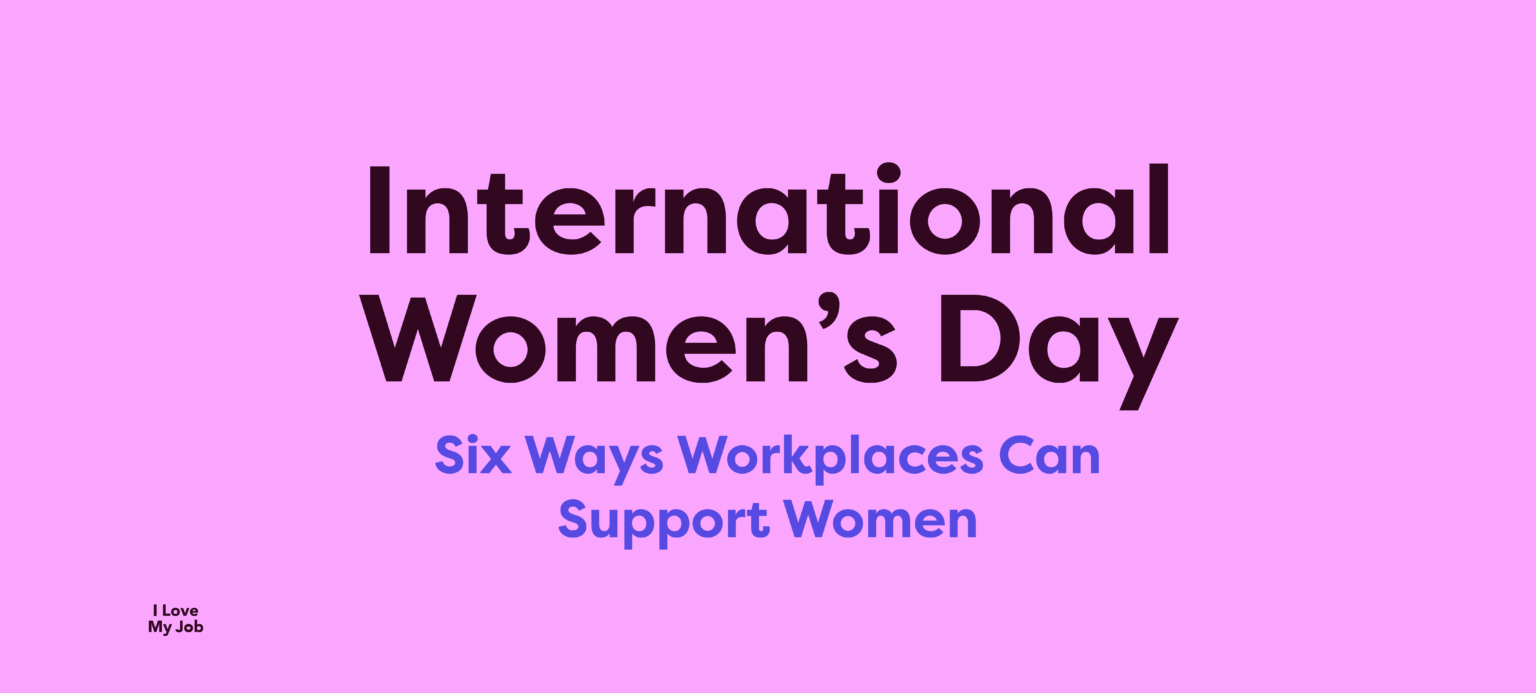Every year, companies post about International Women’s Day. They share inspirational quotes, highlight a few female leaders, and maybe even hand out cupcakes. But let’s be honest—what women need isn’t another LinkedIn post; it’s real, structural change that makes workplaces fairer, more inclusive, and built for women to thrive.
Here are six ways businesses can go beyond the basics and truly support women in the workplace:
1. Mandatory Parental Leave – Stop Putting the Burden on Women
Parental leave policies often focus on supporting mothers, but what about fathers and non-birthing parents? When men and partners in same-sex relationships aren’t encouraged (or expected) to take leave, the burden of childcare falls disproportionately on one parent—most often women. The result? A career gap that’s hard to close. Companies should make parental leave mandatory for all parents, normalising it so that taking time off is standard, regardless of gender. When both parents are given equal time and responsibility, everyone benefits—including businesses, who get a more engaged and balance.
2. End the ‘Office Housework’ Culture
Women are often expected to take on invisible labour in the workplace—organising birthday collections, taking meeting notes, planning social events. These tasks don’t get them promoted, but they do drain time and energy that could be spent on strategic work. It’s time to track and redistribute these tasks fairly.
3. Let’s Be Open About Menopause
We have maternity policies, but what about menopause policies? This is one of the leading reasons women in their 40s and 50s leave the workforce, yet it’s rarely talked about. Businesses need to provide flexible working options, healthcare support, and leadership pathways that don’t push women out just as they hit their prime. Workplaces should recognise menopause as a normal part of working life and put real support in place to retain experienced, talented women.
4. Call Out ‘Culture Fit’ for What It Is—A Diversity Killer
How often do we hear, “She just didn’t feel like the right fit”? That’s often code for bias. The concept of ‘culture fit’ is a comfortable excuse for hiring the same types of people over and over again. Companies should ban the phrase altogether and focus on ‘culture add’—what fresh perspectives, skills, and experiences a candidate brings. If a workplace keeps hiring the same people, it’s not culture—it’s exclusion.
5. Turn ‘Women in Leadership’ Talks into Action
Leadership panels can be inspiring, but real progress happens when companies back words with action. Instead of just talking about equality, businesses should commit to measurable goals—like increasing female representation in executive teams, ensuring equal access to leadership development, and providing mentorship programs that lead to real promotions. A panel is great, but real change happens when companies create clear pathways for women to lead.
6. Stop Asking Women About Salary History – Just Pay Fairly
One of the biggest reasons the gender pay gap refuses to close is because companies base salaries on previous earnings—locking in past discrimination for a woman’s entire career. The fix? Ban salary history questions and set pay based on the role, not what someone was paid before. Better yet, publish salary bands so there’s total transparency on pay. Equal pay shouldn’t be a mystery—it should be a given.
The Bottom Line: Real Change or Just a Hashtag?
International Women’s Day isn’t about feel-good marketing. It’s about taking action that creates real, lasting change. If businesses want to genuinely support women, they need to challenge outdated norms, implement policies that actually make a difference, and move beyond performative gestures.
At I Love My Job, we champion workplaces that walk the talk—companies that don’t just say they support women, but actually do. If you’re looking for a company that values equality, we can help you find one. And if you’re hiring, it’s time to take real action in building an inclusive and equitable workplace. Because every woman deserves a workplace where she can thrive, succeed, and be paid what she’s worth. ❤️



